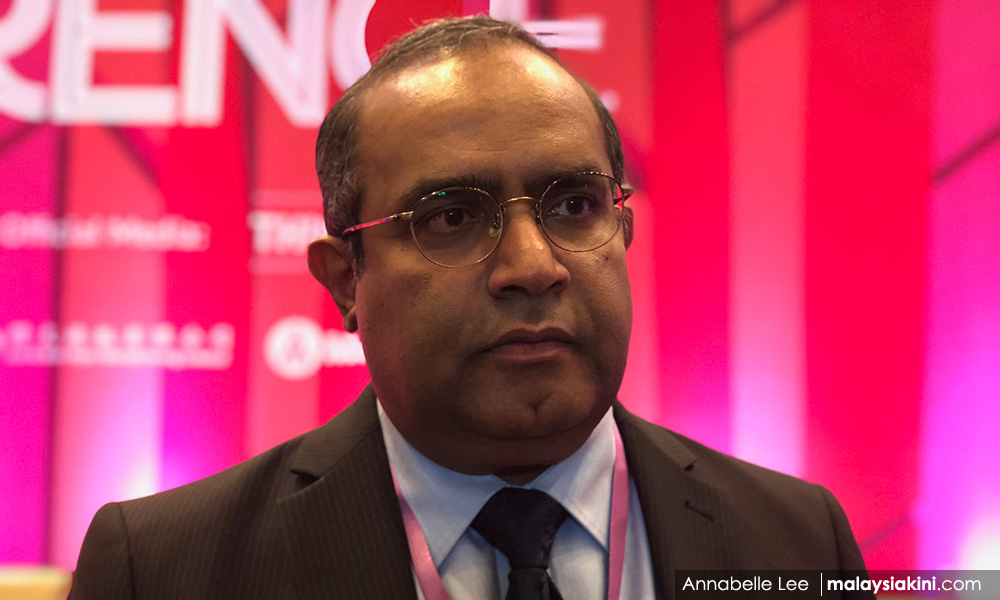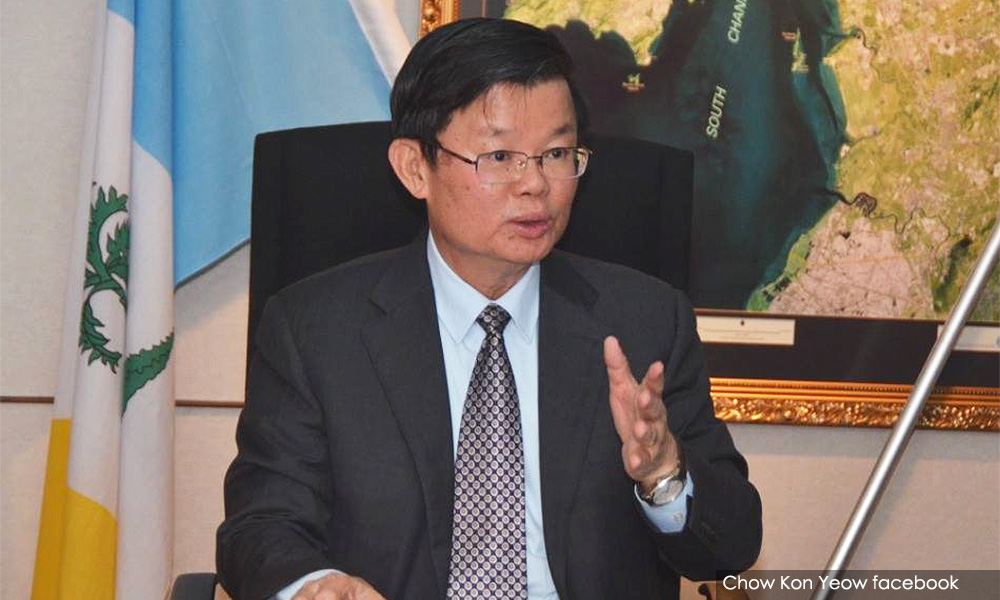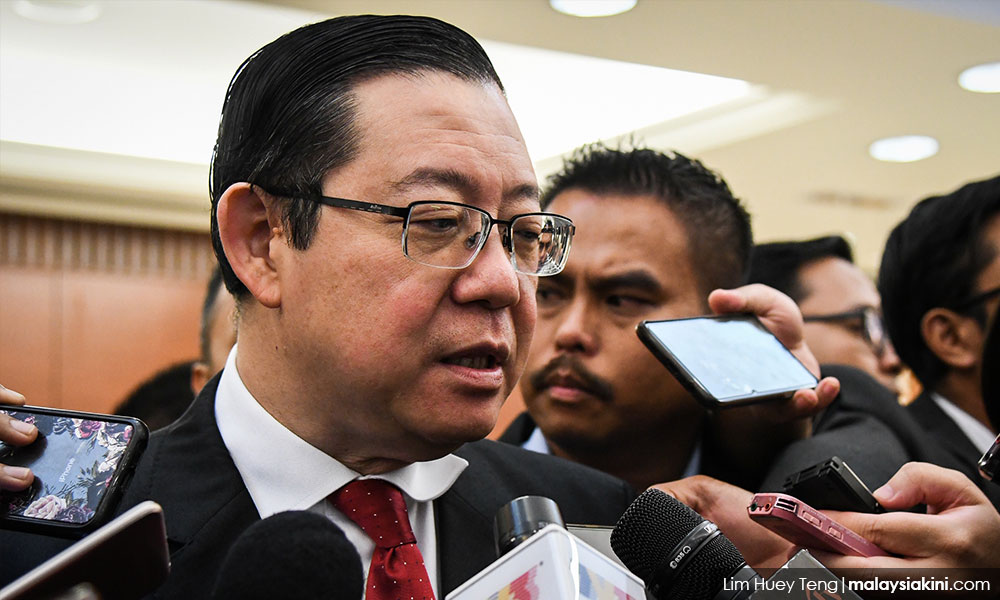
Edmund Terence Gomez has commended Penang Chief Minister Chow Kon Yeow for establishing a committee to monitor the state government-linked Chief Minister Incorporated (CMI).
However, the academician also wants the inclusion of an opposition lawmaker and other stakeholders for "credibility, checks and balances."
"The committee should preferably also include an NGO representative, as well as senior bureaucrats, including one from the federal level, to ensure state-federal discussions on development plans," he told Malaysiakini today.
Gomez was responding to Chow saying yesterday that the state executive council accepted his proposal to set up the monitoring committee.
Headed by Chow himself, the committee will also consist of Penang's two deputy chief ministers Ahmad Zakiyuddin Abdul Rahman and P Ramasamy, state secretary Farizan Darus and state financial officer Sarul Bahiyah Abu.
He made the announcement soon after Gomez criticised the CMI and other such entities as tools exploited by politicians to control state resources.

Chow was also responding to his predecessor Lim Guan Eng telling the Penang High Court on Monday that the CMI has no audited accounts or board members, but makes decisions on land matters after consultation with the state exco.
'Why CMI?'
Gomez also urged Chow to justify the need for CMI, when other state development agencies exist, such as the Penang Development Corporation (PDC) and State Secretary Penang Incorporated (SSI).
"To my mind, unlike these bureaucratic-type institutions, CMI is a political institution under the direct control of the chief minister.
"We do not need institutions linked to the CMI, as the chief minister also serves as the chairperson of the PDC and SSI," he added.

Referring to Lim's court testimony, Gomez pointed out that the company gave full powers to the chief minister to decide on land sales.
Lim, now the Finance Minister, had also said that CMI was incorporated in 2009 to "avoid red-tape."
"This can be taken to mean that CMI would speed up implementation of projects, presumably land-based residential and infrastructure projects," Gomez said.
"However, there is a reason why local level agencies were established to vet such projects, including to scrutinise planning proposals to ensure the protection of the environment, control traffic flow, among other issues."
The economist also noted that there is now much discussion about CMI, in keeping with the state government's CAT (competency, accountability, and transparency) principle.
He also called on Chow to fully disclose the accounts of the GLC since its incorporation. - Mkini


No comments:
Post a Comment
Note: Only a member of this blog may post a comment.